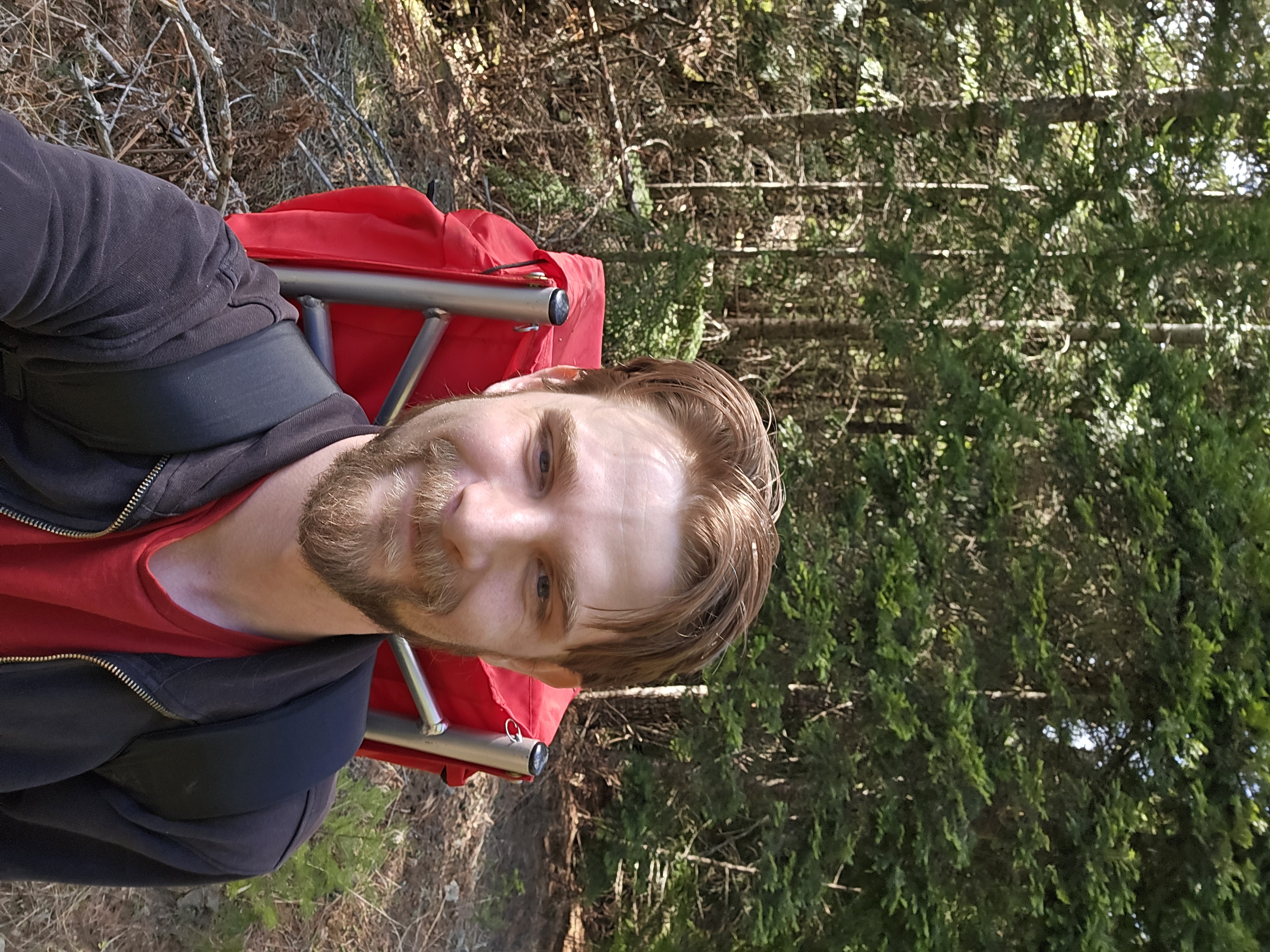Undergraduate Researcher return to map return to student search

Hometown:
St. Maries,
ID
US
(Benewah County)
School:
University of Idaho
Undergraduate student
Water Science and Management
Funded by EPSCoR Award:
ICREWS | OIA-2242769
Research Location(s):
South Fork Palouse River Basin; Moscow Pullman Region
COUNTIES: Latah
LEGISLATIVE DISTRICT(S): District 6
Research Statement:
My research interest is in applying a unique, holistic approach to the challenges of hydrology, specifically concerning water quantity and quality in the face of new environmental challenges. My professional background was in IT and network engineering, where I spent years designing, building, and managing complex data systems from the ground up. This experience provides a foundation in systems level perspective that I now seek to apply to the pressing water resource issues facing communities. My transition into water science has solidified my desire to bridge the gap between raw hydrologic data and actionable solutions. I believe the most effective and durable solutions are not imposed, but co-created. Therefore, my ultimate goal is to work in direct partnership with communities to listen to their concerns, understand their priorities, and work together to develop monitoring and management strategies. By combining my technical and scientific skills with their local knowledge, I aim to help communities navigate a future of increasing hydrologic uncertainty and build more resilient systems.
Research Impact:
My research addresses the critical need to understand how the Palouse Basin aquifer is recharged by analyzing wells located at the mountain-basin interface. The key finding is that these recharge zones are highly complex and variable. This discovery will inform a larger Palouse Basin Aquifer Committee study identifying fast versus slow recharge pathways. This will help to provide Idaho's policymakers with the nuanced understanding necessary to create targeted strategies that protect our most vital recharge areas, ensuring the long-term security of the water that sustains our communities.
